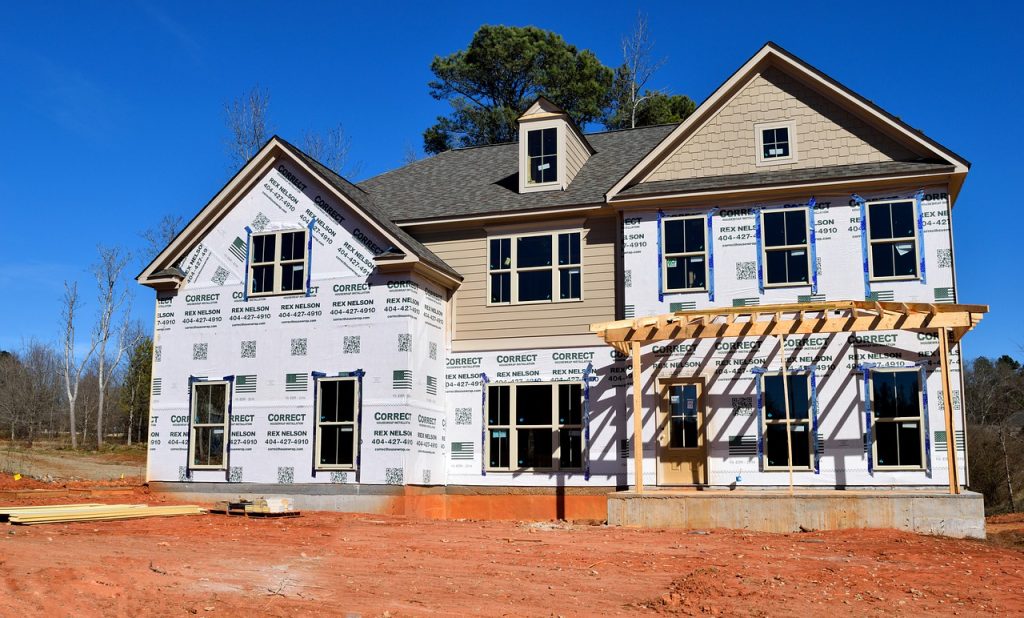A statute of repose in Pennsylvania places a time limit that cuts off a plaintiff's ability to recover damages in a civil lawsuit. Typically, it's used for product liability cases, construction defects or designs, and medical negligence claims.
Statute of Limitations vs. Statute of Repose
A statute of repose differs from a statute of limitations, which focuses on requiring timely action from an injured party. A statute of limitations allows for delays in commencing legal action. For example, a statute of limitations may begin only when an injured party discovers the injury.
On the other hand, a statute of repose in Pennsylvania seeks to immunize the injuring party from long-term liability. So, generally, it's based on the elapsed time from an event. As a result, it's more favorable to the defendant than a statute of limitations.
For example, imagine you are a homeowner and hiring someone to perform a construction project on your house. Once completed, you have a maximum time that Pennsylvania allows for filing a lawsuit for deficient work, property damage, or personal injury resulting from allegedly substandard materials or workmanship.

Following the timeframe's completion, a statute of repose bars you from filing an action. So, it protects defendants from having to defend against old or stale claims that the passage of time makes challenging to defend. For instance, you might lose paperwork from the project, or potential witnesses might move away.
In the context of home repairs, an injury doesn't trigger the statute of repose. Instead, it begins to run upon completion of the repair. If enough time elapses, allowing the contractor to present a statute of repose defense in PA, you can lose the case despite having a successful cause of action. So as mentioned, a statute of repose can be a valuable defensive tool if you're a defendant.
What is the Time Limit for Filing a Lawsuit in PA?
The statute of repose in Pennsylvania generally prohibits construction lawsuits filed more than 12 years after completion of the contractor's work. As a result, you must file a case related to construction within 12 years after completion of the project. Otherwise, the law bars you from doing so.
The statute of repose applies even if you failed to discover the faulty construction until 12 years had passed. However, there is one exception. If an injury occurs more than ten but less than 12 years after work completion, the statute allows you to file suit up to 14 years after completion.
With construction projects, you can file a civil action within 12 years following construction completion to recover damages for:
- Any deficiency in the design, planning, supervision, or observation of construction or construction of the improvement
- Injury to property, real or personal, arising out of any such deficiency
- Injury to the person or for wrongful death arising from any such deficiency
- Contribution or indemnity for damages sustained on account of any injury relating to items 2 and 3 above
Again, it's essential to note the time to commence any claim begins from the completion of the construction. Note that although the statute of repose in Pennsylvania is 12 years, it varies by state.
Talk to a Construction Lawyer at Our Law Offices
If you are a homeowner who suffered damage due to construction, or a contractor facing a suit for work performed, it is vital to evaluate how much time has passed since the completion of work to determine if a claim is barred. Otherwise, you may be impacted by the statute of repose in Pennsylvania.
Whether you're a client or contractor, it's essential to consult with a construction lawyer or attorney near you. With the former, you'll want to ensure you file your civil claim before the statute of repose. As the latter, you'll want to determine if the law provides a viable defense.
Our attorneys stand ready to evaluate your potential construction case claim or potential liability. We have law offices in Montgomery County and Bucks County, PA, and Camden County, NJ. If you have any questions, please contact Kevin Cornish at 610-275-0700 or via email at kcornish@highswartz.com.
The information above is general: we recommend you consult an attorney regarding your circumstances. The content of this information is not meant to be considered legal advice or a substitute for legal representation.